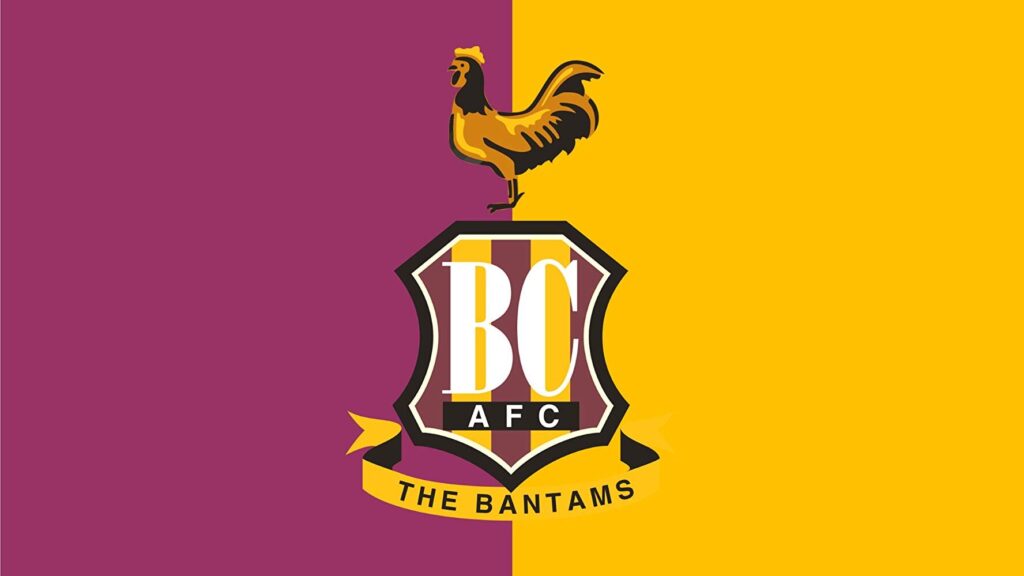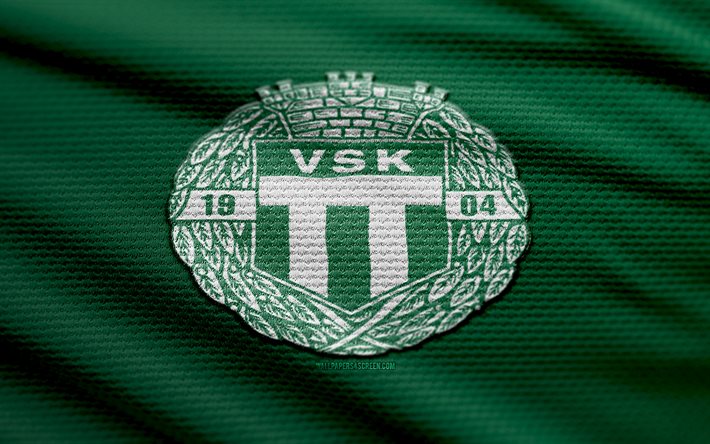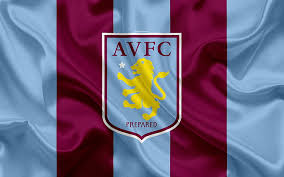
Bradford City FC
Brilliantly woven into the fabric of English football, Bradford City FC stands as a testament to resilience, community spirit, and historic achievement. Established over a century ago, this passionate club has cultivated a dedicated following and has experienced its share of triumphs and tribulations on the pitch. This comprehensive guide delves into the depths of Bradford City FC’s history, culture, achievements, challenges, and future prospects, offering readers a detailed narrative that celebrates one of England’s most storied football clubs 88CLB.
History and Origins of Bradford City FC
Understanding the roots of Bradford City FC is essential to appreciating its identity today. From humble beginnings in the early 20th century to becoming a symbol of local pride, the club’s history is rich with compelling stories, pivotal moments, and legendary figures đá gà 88clb.
Formation and Early Years
The inception of Bradford City FC dates back to 1903 when the club was officially formed to provide entertainment and sporting pride for the city of Bradford.
The club was founded in the wake of the burgeoning popularity of association football in Northern England, emerging from a desire among local businessmen and sports enthusiasts to establish a competitive team. The early years saw Bradford City quickly establish themselves within the Football League, showcasing promising talent and fierce determination.
During their initial decade, Bradford City proved their mettle by securing promotions and building a reputation for attacking football. Their innovative playing style and community-centric approach helped garner local support, fueling their growth amidst the competitive landscape of English football.
Golden Era and Key Achievements
The club’s most notable period coincided with their rise to prominence in the 1910s and 1920s. Notably, Bradford City achieved their greatest success by winning the FA Cup in 1911, a feat that remains etched in club history. This victory was particularly meaningful given the club’s modest origins, symbolizing the hard work and perseverance of players and fans alike.
The FA Cup triumph not only elevated Bradford City’s status but also ignited a golden era where the team regularly competed in top-flight leagues. The club’s attractive style of play and resilient spirit made them formidable opponents against more established teams.
In addition to cup success, Bradford City enjoyed multiple promotions, solidifying their position within the upper tiers of English football during this era. Their stadium, Valley Parade, became an iconic venue, witnessing countless memorable matches and serving as a home base for generations of supporters.
Challenges and Decline
Despite their early successes, Bradford City faced numerous hardships in subsequent decades. The post-war period was marked by fluctuating league performances, financial difficulties, and managerial changes that affected stability.
A significant setback occurred in 1985 when the club was relegated from the First Division (then the top tier). The decline was compounded by off-field issues, including financial instability and declining attendances, which threatened the club’s existence.
The most tragic chapter in Bradford City’s history unfolded in 1985 when a fire at Valley Parade resulted in 56 fatalities and numerous injuries. This devastating event shocked the football world and prompted extensive safety reforms across the sport, while also deepening the bond between the club and its community.
In the 1990s and early 2000s, Bradford City experienced relegations and promotions, struggling to regain consistent top-tier status. Nonetheless, the club maintained a loyal fan base, rallying around their team through thick and thin.
Resurgence and Modern Years
The 21st century has seen Bradford City FC oscillate between divisions, yet they have demonstrated resilience with notable cup runs and league performances. Their journey reflects the enduring passion of their supporters and the unwavering commitment of club management to rebuild and reestablish their standing in English football.



